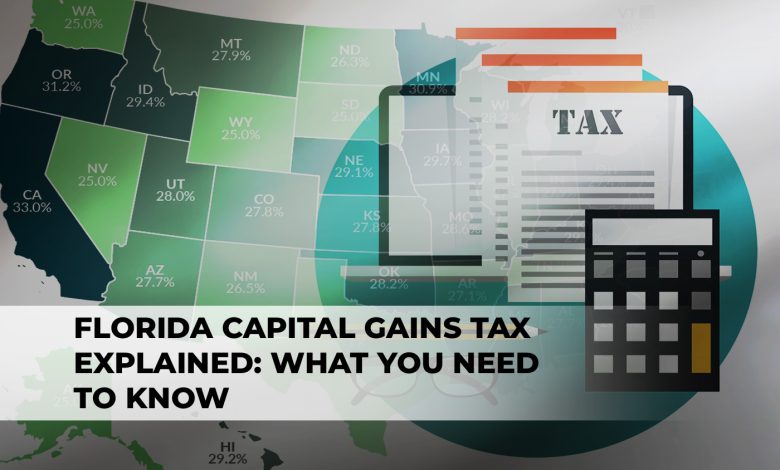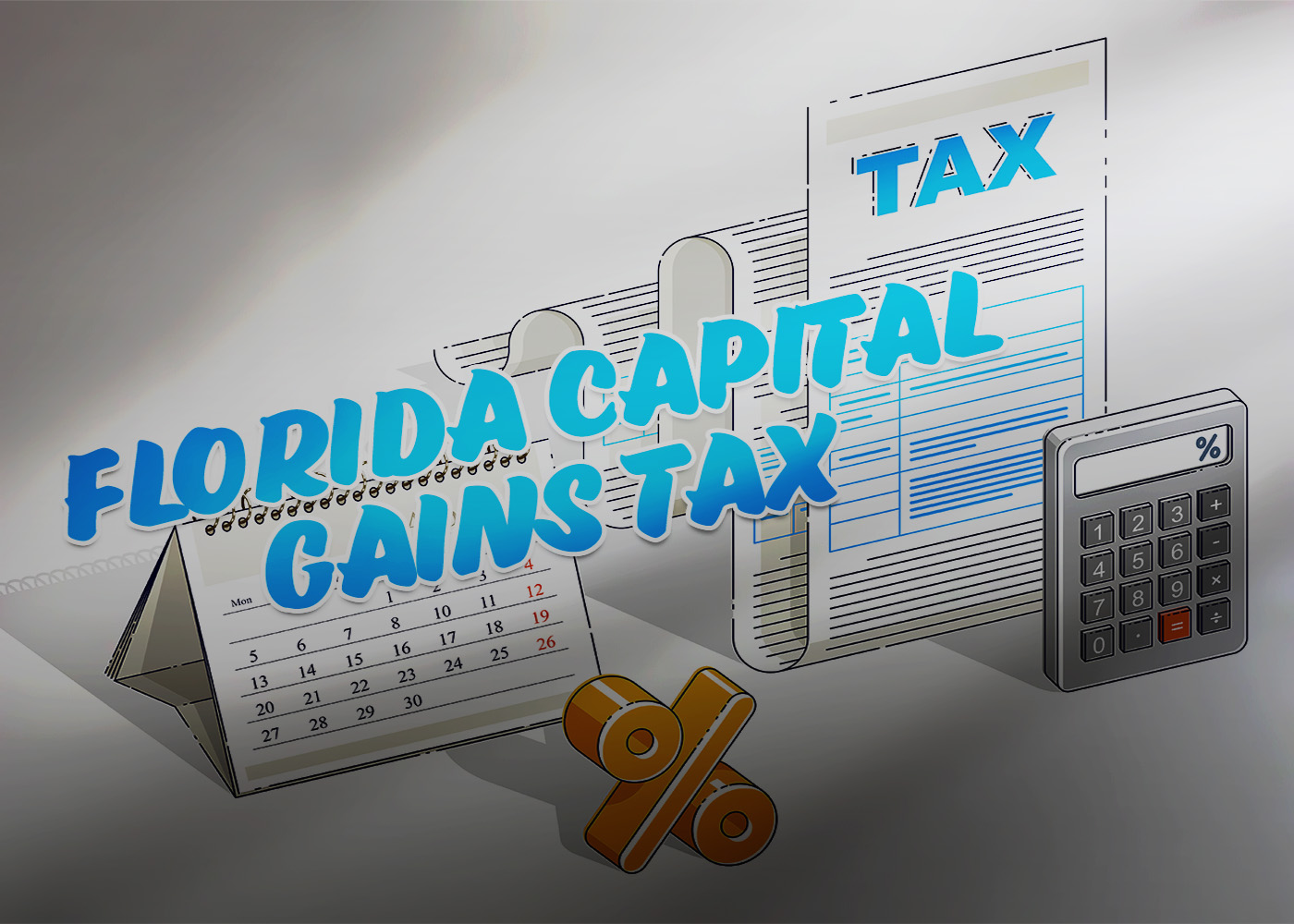
For individuals living in Florida and investing in stocks, real estate or other assets, capital gains tax is an extremely important topic. In general, when we look at the issues related to capital gains tax florida on the internet, there is a serious information pollution. As it is known, since this system works in different ways in each state, it would be more appropriate to reach the correct information. In this article, we will try to share with you the basic information you need to know about the Florida capital gains tax and strategies that can reduce your tax burden. First of all, what is it? Let’s start with the answer to the question.
What is Capital Gains Tax?
Capital gains tax is a tax paid on the profit an investor makes by selling investment assets. Especially when it comes to capital gains tax florida, this situation may come to the fore in a slightly different way.
In particular, capital gains are calculated as the difference between the selling price and the buying price. Capital gains are divided into two main categories: short-term and long-term capital gains. Short-term capital gains are realized on investments of less than one year, while long-term capital gains are realized on investments of one year or more.
Florida Capital Gains Tax Rates
Florida does not impose capital gains tax at the state level in addition to the federal capital gains tax rates. However, investors are taxed at the federal level. Federal tax rates vary depending on the taxpayer’s income level and the duration of the capital gain.
Exceptions and exemptions exist for certain types of assets or transactions; therefore, it is important to consult with a tax professional to fully understand your tax situation.

Strategies to Reduce Capital Gains Tax in Florida
There are several strategies you can use to reduce capital gains tax in Florida:
Holding assets longer is the first method that comes to mind. Long-term capital gains are generally subject to lower tax rates. You can therefore reduce your tax burden by holding your investments for longer.
Tax loss harvesting can also be tried. However, it is recommended to do this with the support of a professional. By selling loss-making investments, you can offset capital gains and thus reduce your tax burden.
Charitable giving is a method mostly practiced by large corporations. Donations to charity provide a deduction that can help reduce capital gains tax.
Tax-advantaged accounts such as IRAs and 529 Savings Plans can help you defer or reduce capital gains tax.
Other Thoughts on Capital Gains
Here are other issues to consider with respect to capital gains tax in Florida:
Estate planning and gift tax consequences: It is important to manage your capital gains taking into account tax liabilities related to gift and estate planning.
State specific regulations and laws: The state of Florida may have its own special regulations and laws with respect to capital gains tax. Therefore, it is important to follow regional regulations and laws and seek advice from local tax professionals.
Professional tax advice: Capital gains tax and related strategies are complex, so it may be beneficial to seek professional tax advice specific to your situation.
Florida Capital Gains Tax Considerations
Capital gains tax is an important issue in Florida and it is important to understand this tax liability, manage it with appropriate strategies and act with local laws in mind. For this reason, it is extremely important that you seek the support of a professional to draw a roadmap according to the necessary topics.
Investors living in Florida are advised to refer to the above-mentioned strategies and seek the assistance of professional tax advisors to reduce their capital gains tax burden.






